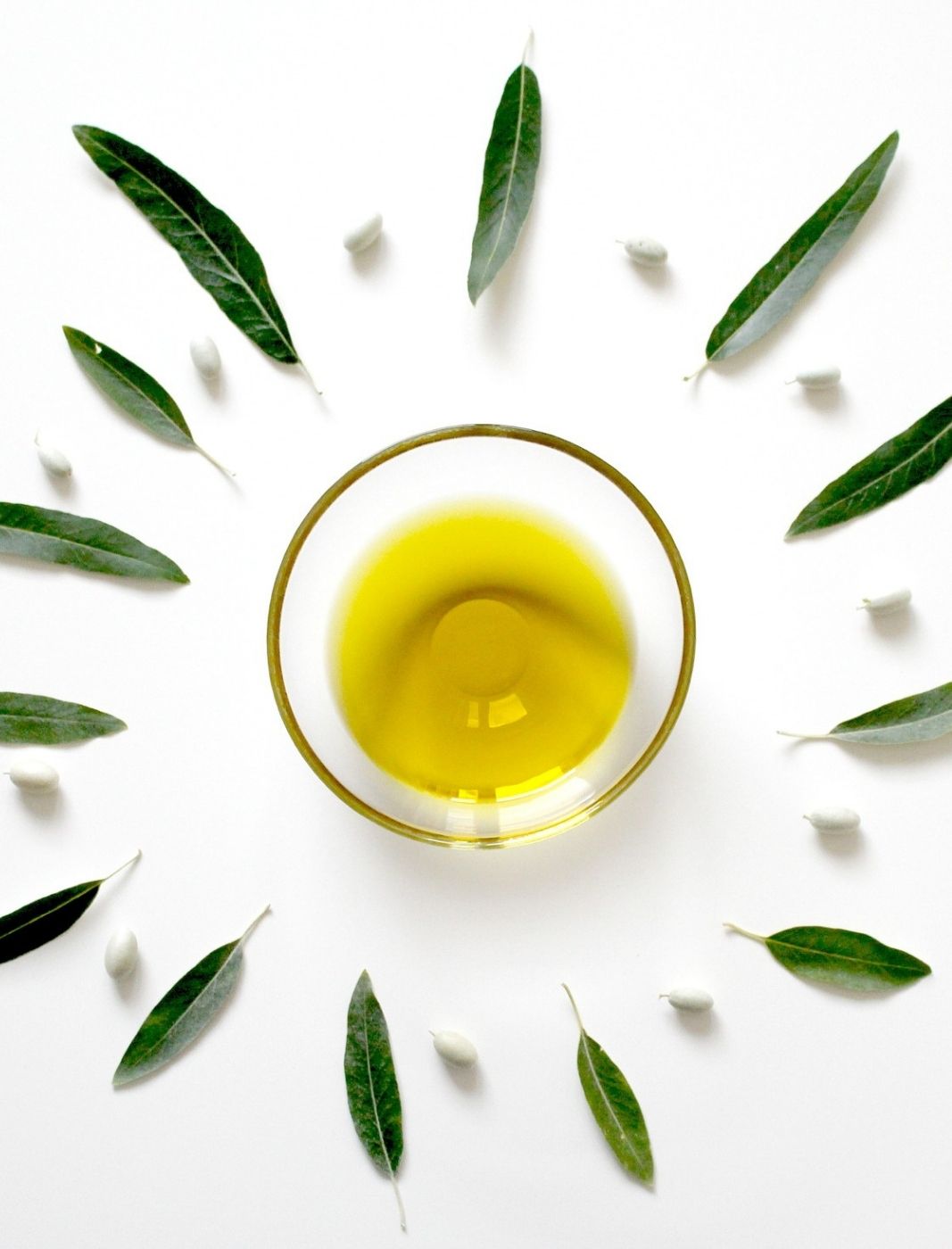Your “Extra Virgin” Olive Oil is Probably Fake – Here’s how to test it like an expert!
Unfortunately, there is a lot of fraudulent olive oil out there that is mislabeled as extra virgin, even when it’s not. A 2021 study conducted by the “Salvagente“, leader in laboratory testing against consumer scams, tested supermarket samples of Extra Virgin Olive Oil and concluded that 46% of olive oil labeled “extra virgin” did not meet the legal standard under law.
Why does it matter if your olive oil is “extra virgin”?
Extra virgin olive oil is the juice that comes from the olives, freshly harvested and in an ideal ripening phase. That is, absolutely before the peak of maturation. Cold extraction is very important because it allows the preservation of the extraordinary polyphenols – the naturally occurring antioxidants that have been proven over and over again to improve health, reduce risk of disease and increase longevity. You can read the most recent research on the subject here.
It takes 8-12 kg of olives to produce 1 kg of extra virgin olive oil. To be considered extra virgin, an oil must be subjected to both laboratory and organoleptic analysis. The content of polyphenols can vary in significant ways depending on the harvesting time (early or late), the method of extraction, filtration and storage of the oil. Real extra virgin olive oil has absolutely incredible health benefits.
Taste your olive oil like an expert
As a consumer, how do you know if the oil you eat is extra virgin?
The only way you’ll find out is if you smell and taste your olive oil, similar to how you would taste a fine wine. Here’s how to taste olive oil like an expert and what to look for:
- Pour a shot of your olive oil into a small, preferably round glass (a wine tumbler or short cocktail glass work best)
- Cup the glass with one hand and cover the top with the other. We cover the top to trap the scent inside
- Twist the glass in your hand to attempt to warm the oil with your body heat and move it around in a circular motion
- Now uncover the glass and bring to your nose for a deep whiff of the olive oil. If it smells fresh like grass, fruit or vegetables, it’s more likely that your oil is truly extra virgin. Common identifiable scents from truly extra virgin olive oil are grass, green or red tomato, apple, citrus or almond. If you’re not getting much of a fresh scent, it’s likely not extra virgin. Anything that smells musty, rancid or is odorless is not extra virgin oil
- The next step is to actually taste it. Give the glass a swirl and take a sip of the oil in your mouth but don’t swallow just yet. With clenched teeth and open lips, inhale to bring some air into your mouth and swirl the oil around your mouth. Then drink it. A true extra virgin will reveal lots of fruit and vegetable flavors as you swirl it around your mouth and will have a peppery or bitter taste at the back of your throat when you swallow it. It’s normal to cough ! The more coughing, the more the polyphenols and the better the oil!
No fresh scent, no bitter or peppery taste and no cough? Toss it and upgrade! Don’t waste your time with lesser oils!
#IEVOOforlife






